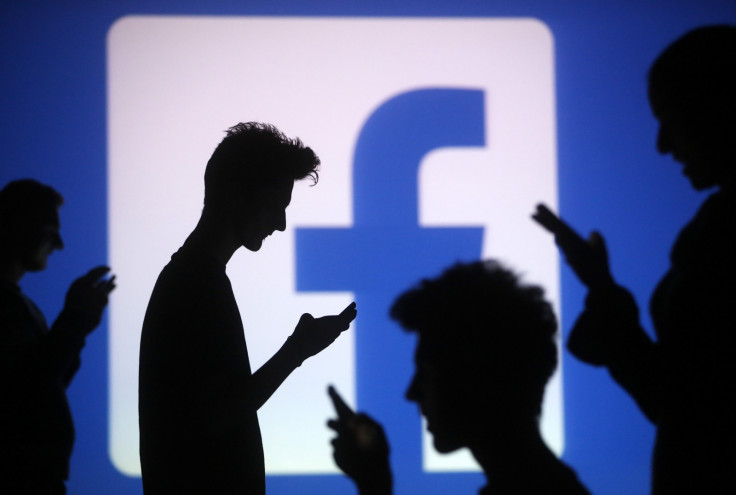Facebook continues crackdown on clickbait by tweaking its News Feed formula
Facebook's new system works much like an email spam filter.

Facebook has announced that it has tweaked its News Feed filtering algorithm again as part of its continuing war against clickbait headlines and content on its News Feed. Describing the new formula changes in a blog post, research scientist Alex Peysakhovich and user-experience researcher Kristin Hendrix wrote that the new change will place posts that are deemed clickbait by the company lower in the one's news feed and in fewer new feeds.
"When we rank and make improvements to News Feed, we rely on a set of core values," they wrote. "One of our News Feed values is to have authentic communication on our platform. People have told us they like seeing authentic stories the most. That's why we work hard to understand what type of stories and posts people consider genuine, so we can show more of them in News Feed."
"We also work to understand what kinds of stories people find misleading and spammy to help make sure people see those less."
After scouring through tens of thousands of headlines to pinpoint some of the common elements in clickbait headlines, a team of Facebook staffers drafted a few new rules, the blog post notes.
"We categorised tens of thousands of headlines as clickbait by considering two key points," the blog post reads. "(1) if the headline withholds information required to understand what the content of the article is; and (2) if the headline exaggerates the article to create misleading expectations for the reader."
For example, the Facebook team said that an article with the headline, "You'll Never Believe Who Tripped and Fell on the Red Carpet..." specifically withholds vital information to understand the story in order to prompt a viewer to click and find out more. On the other hand, the headline "Apples Are Actually Bad For You?!" is a misleading title, according to the blog post, because apples are only bad for you if you eat too many.
Much like an email spam filter, the new system will identify phrases commonly used in clickbait headlines, which websites and pages post these headlines and place them lower in News Feed.
"We're still seeing pages rely on clickbait headlines, and people are still telling us they would prefer to see clearly written headlines that help them decide how they want to spend their time and not waste time on what they click," the post reads.
In 2014, Facebook tried to reduce clickbait in its news feed by calculating the amount of time people spent reading a given link before returning straight back to Facebook - the less time spent away from Facebook, the lower the quality of the post.
Although the company is constantly tweaking its algorithm to encourage its 1.7 billion users to spend more time on its platform, the latest change does come on the heels of another major tweak in June that prioritises posts from users' friends and family over articles posted by news and media companies - a major blow to multiple news organisations that increasingly rely on social media platforms as a source for traffic.
According to a recent study by social media analytics firm Parse.ly, the social media giant drives over 40% of traffic to publishers, more than any other platform.
"We are not in the business of picking which issues the world should read about," Facebook VP of product management Adam Mosseri said in a statement at the time. "We are in the business of connecting people and ideas — and matching people with the stories they find most meaningful. Our integrity depends on being inclusive of all perspectives and view points, and using ranking to connect people with the stories and sources they find the most meaningful and engaging."
About 62% of US adults get their news from social media with almost 18% doing so often, according to a new survey by Pew Research Center and the John S and James L Knight Foundation.
© Copyright IBTimes 2025. All rights reserved.





















